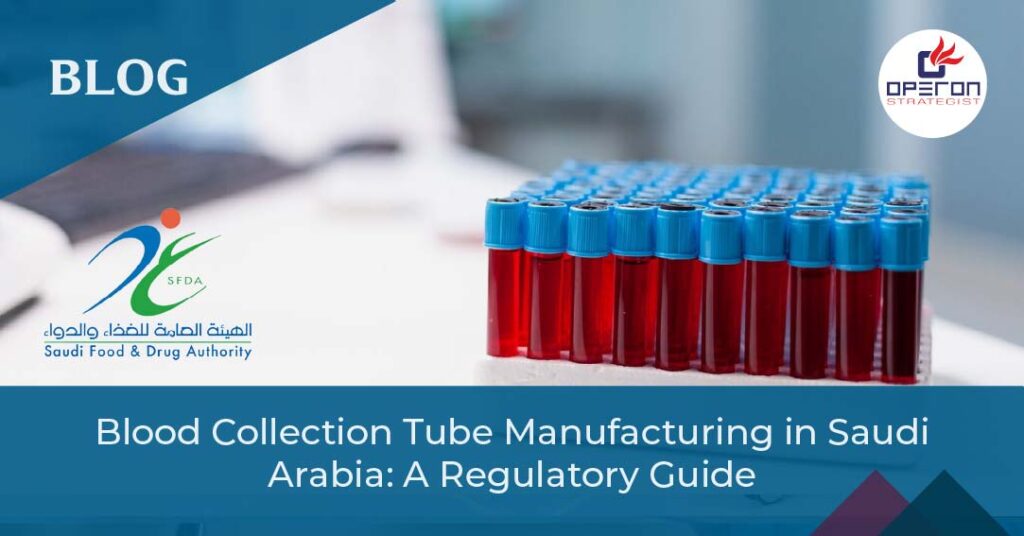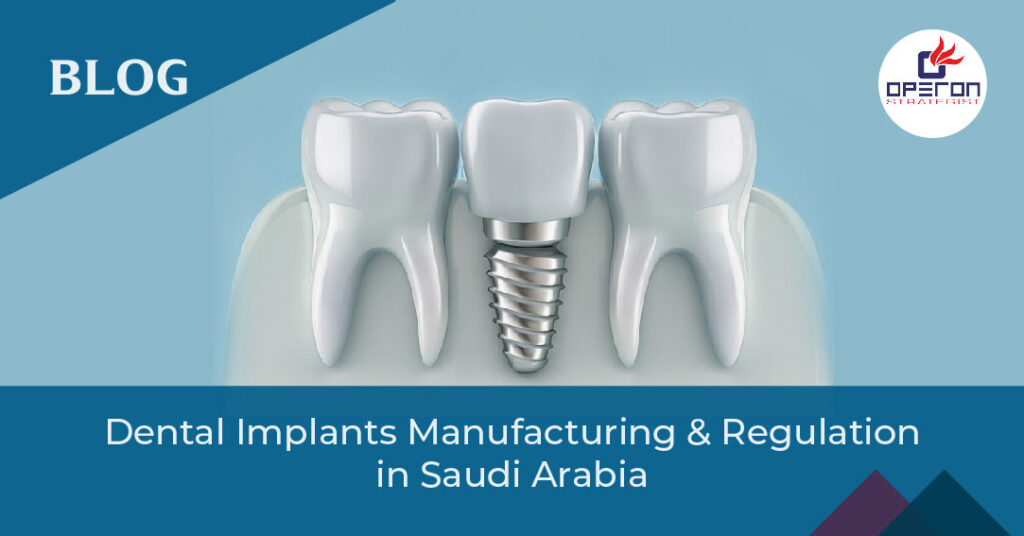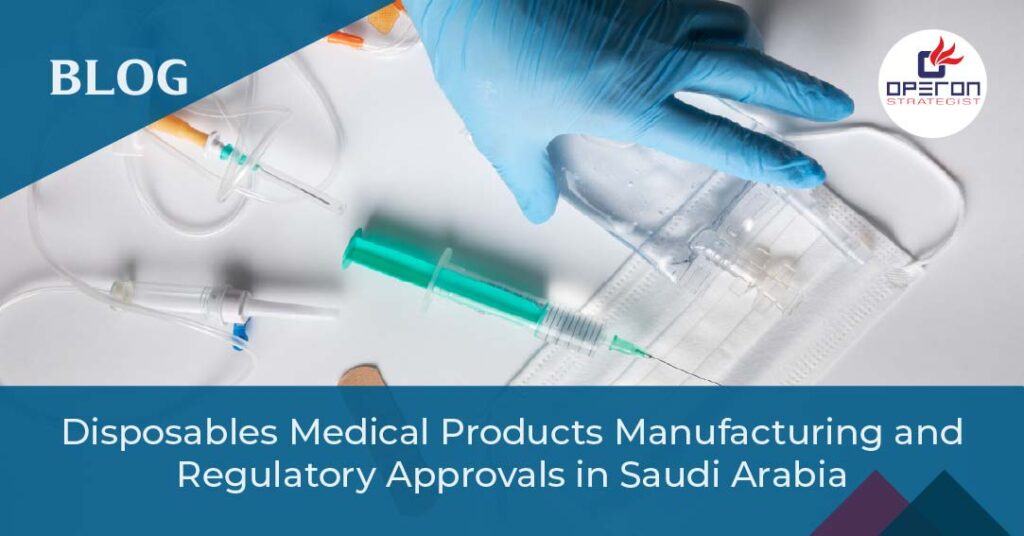The Growing Demand for Blood Collection Tube Manufacturing in Saudi Arabia
Did you know that Saudi Arabia’s healthcare sector is set to experience unprecedented growth under Vision 2030? With significant investments in medical infrastructure, the expansion of hospitals, diagnostic centers, and laboratories is accelerating rapidly. Additionally, the government’s push for local medical device manufacturing is driving demand for high-quality consumables, including blood collection tubes (BCTs). As the healthcare landscape evolves, ensuring a reliable supply of BCTs is essential for supporting advanced diagnostics, improving patient care, and meeting the growing needs of the medical industry.
Looking For a Medical Device Regulatory Consultant?
Let’s have word about your next project
Why Blood Collection Tube Manufacturing Matters
The Need for Local Medical Device Production
Saudi Arabia’s healthcare sector heavily relies on imported blood collection tubes, making local manufacturing a strategic move for economic growth and self-sufficiency.
Key Drivers of Growth
- Government Support – The Saudi Food and Drug Authority (SFDA) is actively promoting local production.
- Booming Healthcare Infrastructure – A rise in hospitals, clinics, and diagnostics centers.
- Increasing Demand for Lab Consumables – Blood sample collection is vital for diagnostics and research.
Step-by-Step Blood Collection Tube Manufacturing Process
Producing high-quality blood collection tubes requires precision, advanced technology, and regulatory compliance. Here’s a breakdown of the process:
1️⃣ Raw Material Selection
- Plastics (PET or Polypropylene) – Ensuring durability and sterility.
- Rubber Stoppers & Caps – Sourced for leak-proof sealing.
- Anticoagulants & Activators – Such as EDTA, Heparin, and Sodium Citrate.
2️⃣ Injection Molding & Tube Formation
- Using high-precision molding machines to create the tubes.
- Ensuring correct dimensions and strength.
3️⃣ Siliconization & Coating
- Silicone coating prevents blood adhesion.
- Anticoagulants/clot activators were applied accurately.
4️⃣ Assembly & Capping
- Rubber stoppers & caps are securely placed.
- Vacuum sealing for certain blood collection tubes.
5️⃣ Sterilization & Quality Control
- EO sterilization or gamma radiation for sterility.
- Adherence to ISO 13485 and SFDA compliance checks.
6️⃣ Labeling & Packaging
- Tubes are labeled with expiry dates and batch numbers.
- Packaged in sterile environments.
7️⃣ Final Inspection & Distribution
- Final product validation and regulatory approvals.
- Distribution to hospitals, diagnostic centers, and laboratories.
Challenges in the Blood Collection Tube Industry
While blood collection tube production in Saudi Arabia presents significant opportunities, manufacturers face the following challenges:
🔸 Strict Regulatory Compliance – SFDA and international quality certifications (ISO 13485, GMP).
🔸 Sourcing Raw Materials – Finding high-grade plastic, rubber, and anticoagulants.
🔸 Keeping Up with Technology – Adapting to gel-based separator tubes and advanced vacuum-sealing techniques.
🔸 Market Competition – Competing with global brands in the Saudi market.
Future of Blood Collection Tube Manufacturing in Saudi Arabia
🔹 Local Manufacturing Expansion – Increased government incentives for medical device production.
🔹 Advanced Lab Consumables – Innovations in vacuum-sealed tubes & gel-based separation technology.
🔹 Global Partnerships – Collaboration with international medical technology companies.
By investing in advanced technology and regulatory compliance, manufacturers can gain a competitive edge in Saudi Arabia’s growing medical device industry.
Contact us today to kickstart your BCT manufacturing business in Saudi Arabia!
Operon Strategist: Your Partner in Medical Device Manufacturing
For businesses looking to establish a blood collection tube manufacturing unit in Saudi Arabia, Operon Strategist offers expert consulting services. As a leading medical device regulatory and turnkey project consulting company, we help with:
✅ SFDA Registration & Compliance – Ensuring regulatory approvals.
✅ Turnkey Project Setup – Designing state-of-the-art manufacturing facilities.
✅ Regulatory Documentation – Supporting ISO 13485 certification & risk assessment.
✅ Quality Control & Process Validation – Implementing GMP standards.




